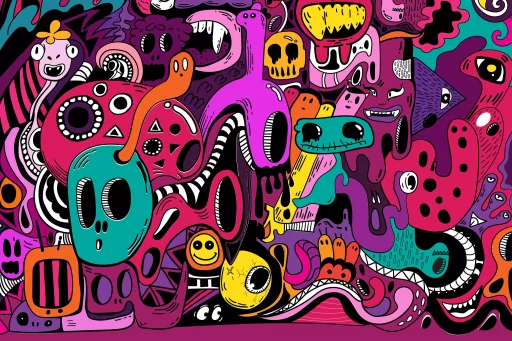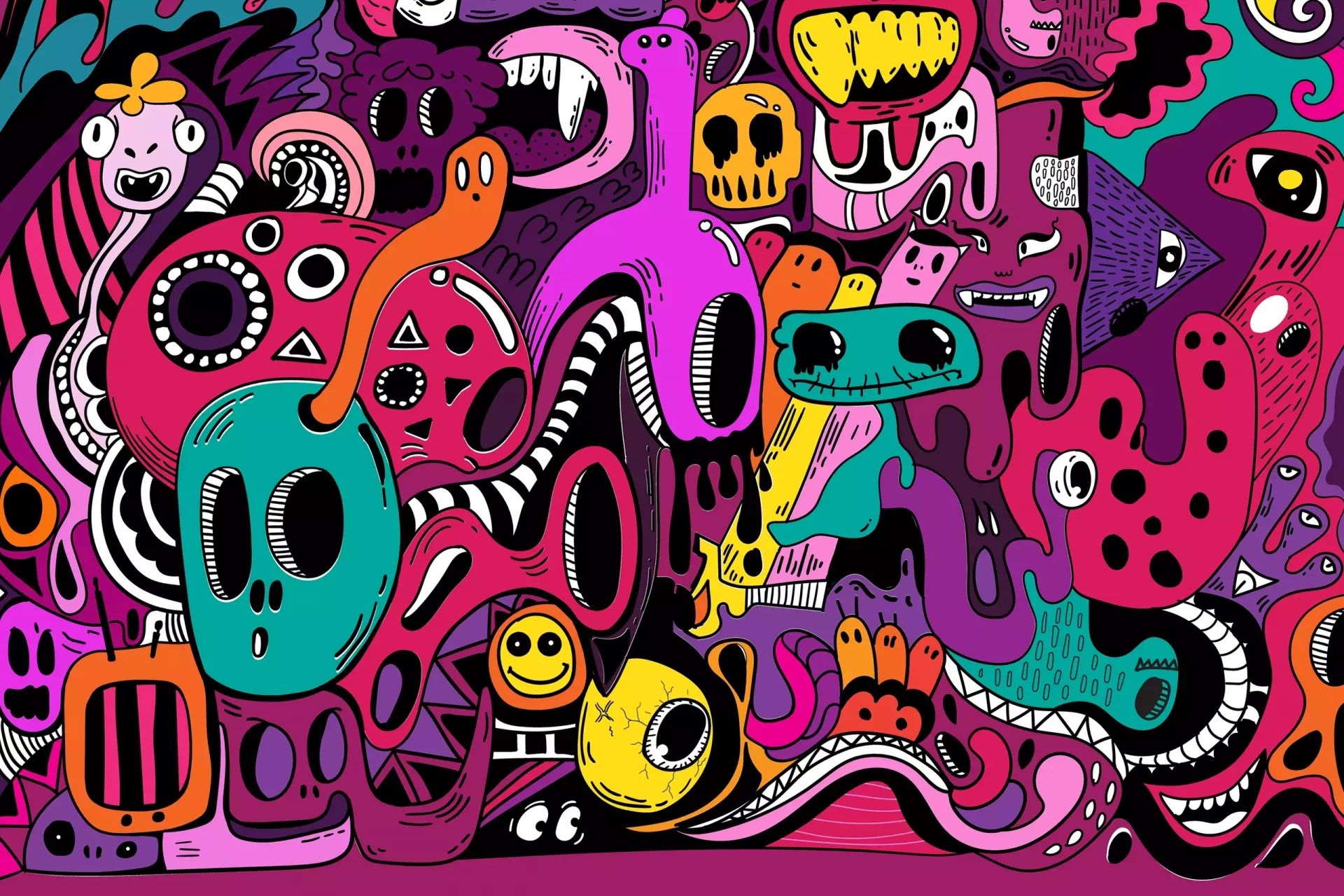Introduction to Chilean Slang
Chilean Spanish, known for its unique expressions and idioms, is distinct and often perplexing for those not familiar with the culture. The slang used in Chile adds vibrant color to daily conversations and reflects the social dynamics and history of the country. In this article, we’ll delve into some common Chilean slang terms, their meanings, and how they illustrate the local culture.
The Origins of Chilean Slang
Chilean slang, or “modismos chilenos,” has roots deeply embedded in the local history, indigenous languages, and the prevalent urban culture. The influences come from:
- Indigenous Languages: Words from Mapudungun, the language of the Mapuche people, have integrated into the slang.
- Immigrant Influences: Waves of immigrants brought new expressions, particularly from Europe, which evolved in a Chilean context.
- Urban Culture: The development of local urban culture has also influenced the slang, particularly in the capital, Santiago.
Common Chilean Slang Terms
Understanding Chilean slang is essential for anyone wanting to connect with the locals. Here are some widely used terms:
- Po: A versatile filler word that can express agreement or emphasize a statement. “Sí, po!” translates to “Yes, of course!”
- Weón (or Huéón): Depending on context, this term can mean “dude” or signify someone who is annoying or foolish. It can be used affectionately among friends.
- Caleta: Means “a lot” or “many”. For example, “Hay caleta de gente” translates to “There are a lot of people.”
- Cabro: Refers to a young boy or guy, similar to “bro.”
- Gamba: This term refers to a 100-peso coin, often used in informal situations when discussing money.
- Choro: Literally means “brave” or “rude.” It is used to describe someone who is very bold or courageous.
Case Study: The Use of Slang Among Young Chileans
A recent study by the Universidad de Chile highlighted how young Chileans use slang in their daily communication. Researchers observed a group of university students and found that:
- Over 70% of their conversations included at least one slang term.
- Slang is used as a socio-cultural identifier, helping them bond with peers while differentiating from older generations.
- Digital communication platforms have further perpetuated the use of slang, with many abbreviating phrases like “wena onda” (good vibes) to “wno.”
The Social Dynamics of Chilean Slang
Understanding the social context of slang is crucial. In Chile, using slang can promote inclusivity among young people. However, it can create barriers for older generations or foreigners. Some key observations include:
- Slang can foster a sense of community among users; it can signify belonging and familiarity.
- Conversely, the use of certain slang terms can alienate individuals who are not familiar with the language, creating socio-linguistic divides.
- Interestingly, some terms can shift in meaning based on the region, as Chile is highly diverse in culture and language usage.
Statistics on Language and Slang in Chile
The Chilean National Institute of Statistics (INE) released findings that show:
- Around 28% of Chileans aged 15-29 consider slang an essential part of their identity.
- More than 60% of young Chileans feel that understanding local slang is crucial for social integration.
- Language schools in Chile have reported a spike in interest for courses focusing on colloquial language.
Conclusion
Chilean slang provides a fascinating insight into the nation’s culture, social interactions, and linguistic evolution. For anyone visiting or living in Chile, learning these expressions enriches the experience and fosters better connections with Chileans. Whether it’s through casual conversations or while navigating the bustling streets of Santiago, understanding these terms transforms the way individuals engage with the local culture.






